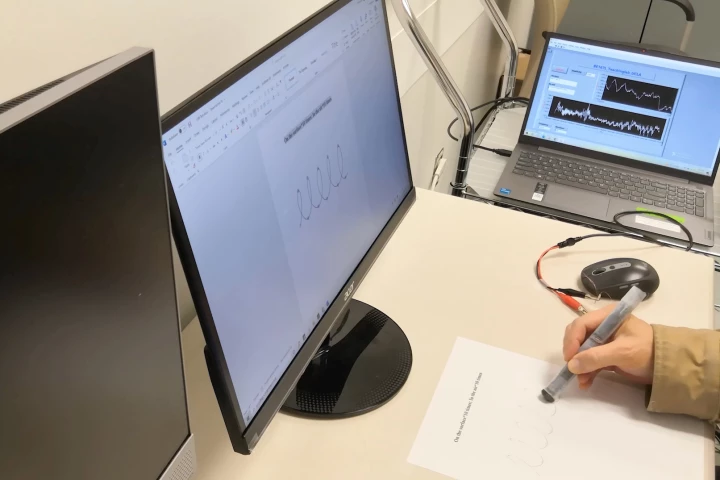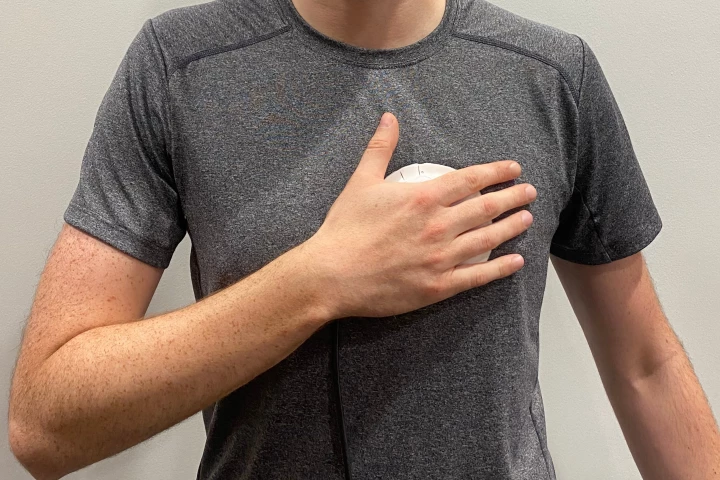Diagnostic devices
-
While AI certainly has its issues, there’s little doubt that it shines in terms of medical diagnostics. Now, a new study suggests it can even make the humble stethoscope an even more powerful tool than it already is for detecting heart disease.
-
Scientists have developed a new rapid test for hepatitis C. It is easy to use, highly sensitive, and made for point-of-care places like clinics and community centers. The speed allows clinicians to diagnose and start treatment in the same visit.
-
Thermal imaging has become wildly accessible, thanks to technological advancements that have made it more affordable than ever. Thermal Master's Thor 002 sits squarely in that sweet spot. And it's about a third of the price of its main competitors.
-
Scientists have made history with a device that successfully eavesdrops on the neuronal chatter between the brain and the gut, furthering our understanding of its intrinsic interconnectedness – and how it drives health and disease throughout the body.
-
A new breath-based sensor from researchers at Penn State could soon offer an easy, pain-free, quick way to diagnose diabetes. The sensor was created through a technique that basically toasts a polymer until it turns into porous graphene.
-
We've already seen a pen that helps people with Parkinson's disease to write clearly, but this one is a little different. By assessing its user's hand movements as they write, it can provide an early warning that they're developing the condition.
-
Diagnosing celiac disease often means exposure to the thing that makes you sick, which can be debilitating. It may soon be simpler and pain-free, with a first-of-a-kind test that can detect and gauge the severity of the disease in a test tube instead.
-
Animals that produce their own light source, through an internal chemical reaction, are a true wonder of nature – and something biotechnology scientists have been working hard to replicate and adapt for human use. They've now made a huge breakthrough.
-
During the pandemic, most of us got used to medical consultations being performed via the phone or Zoom. That said, there are still times when diagnostic devices need to be used … which is where the H3 Health Cube is designed to come in.
-
This week a study set off alarm bells, estimating that the overuse of computed tomography – or CT – examinations could result in five per cent of new cancers disagnoses annually. Since 2007, the use of the imaging technology has risen 30% in the US.
-
While a stethoscope will tell you if someone has a respiratory ailment, it will only share that info in the few minutes it's being used. A new device could paint a much bigger picture, by monitoring the patient's breathing for days at a time.
-
Valvular heart disease (VHD) is a potentially fatal condition, yet it's hard to diagnose with a regular stethoscope. A possibly life-saving new stethoscope is claimed to be much better at the job, plus it can be used by just about anyone.
Load More











